An acclaimed journalist shares the gripping story of her rape when she was a college freshman, achieving justice in the courtroom, and triumphing in the face of violence.
Salon – Sally Eckhoff
Whether or not you”d go out of your way to read anything that might be classified as a rape memoir, give Alice Sebold your attention for her first five pages and you”re in for the whole ride. Written in a fever of unapologetic self-discipline, Lucky is just about everything you”d expect it not to be. There”s no expedition in search of psychic wounds, no yanking at your sleeve to get your conscience into the picture. Sebold was only a college freshman in a beat-up sweater when her horrible assault occurred, and she was a virgin. Maybe if rape was classified as a form of torture it would be simpler to map out the parameters of the damage it causes. Right now, as Patricia Weaver Francisco, author of Telling, has said, a lot of people think of it as a form of bad sex.
At first, Lucky seems to bounce you into a state of half-belief. The rape itself, narrated at the very beginning of the book, is so merciless it”s nearly impossible to absorb. The man beat her and tore at her; the shriveled object in the courtroom evidence bag was so stiff and black — like ruined leather — that it was hard to tell it was her blood-soaked underwear. Once Sebold goes back to her bookish family to repair herself, her household becomes an odd but dramatically rich place to begin to heal. The first thing her father asks her when she gets back home is whether she”d like something to eat. “That would be nice,” she says, “considering the only thing I”ve had in my mouth in the last twenty-four hours is a cracker and a cock.”
The smart but not good-looking Alice (as she sees herself, wrongly on that last count) keeps a cool head as her family wavers, as she leaves them once more to return to school, as she helps catch her assailant. And then, in a wrenching moment that comes from out of nowhere, she has to keep from losing her mind when she faces the police lineup and fingers the wrong guy. How in the world is this ever going to work out?
Sebold credits teachers, including Tess Gallagher and Geoffrey Wolff, who surely had something to do with the making of a writer who can spit out a harrowing story that”s still vibrating and flexible. Reading Sebold is like listening to Syd Straw singing about the worst thing that ever happened to her. Not that being funny doesn”t help; Sebold can do that, too. But mainly, Lucky derives imaginative traction from its form and style, its continually expanding view. By the end, the mysteries of individuality that it conveys seem accessible only to the reluctantly brave. The book”s acknowledgments conclude with some lovely, ardent thanks to Sebold”s vulnerable mother. Because Lucky makes compassion a more personal, less automatic response, this gift to her mother seems light enough to carry and to keep.
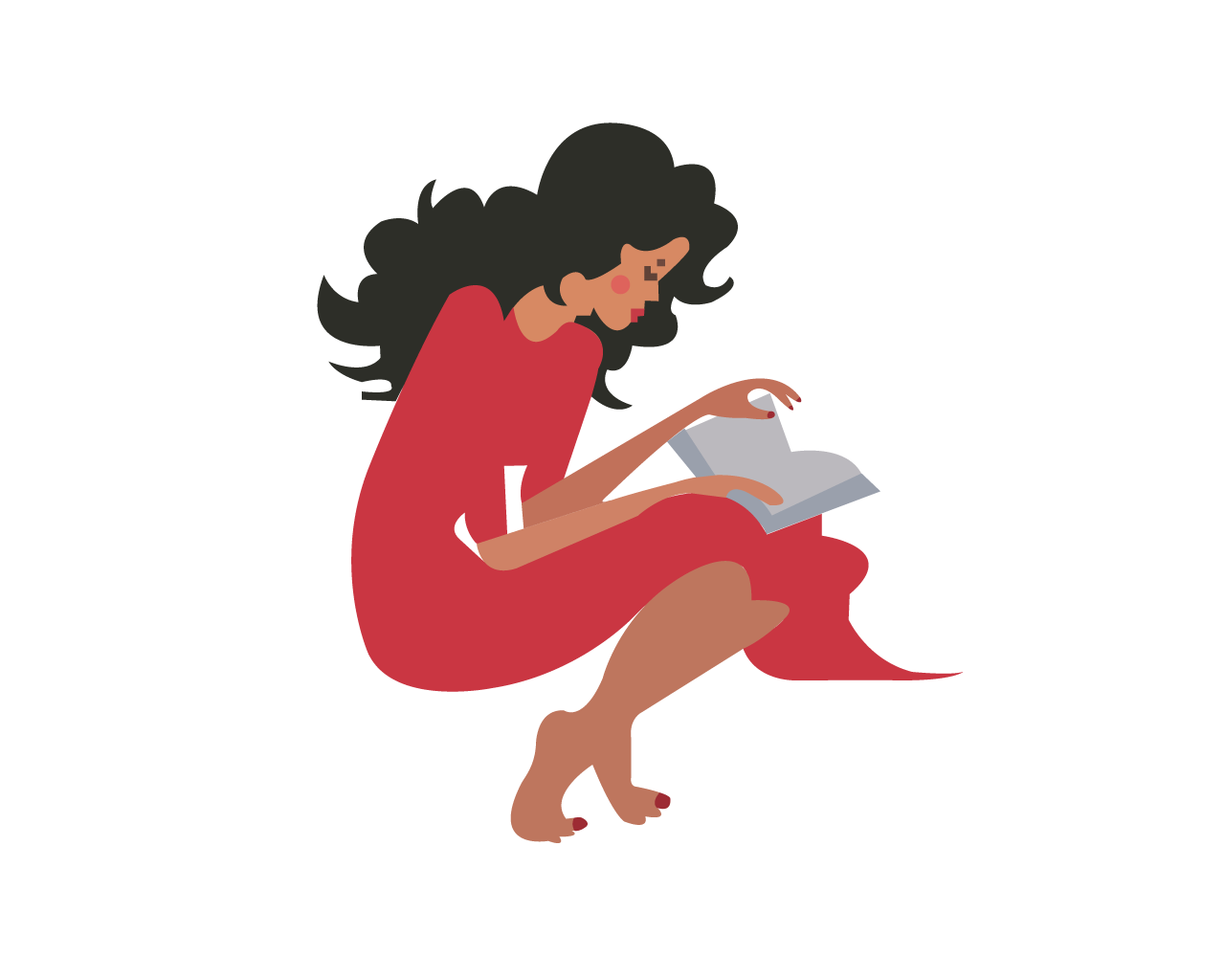
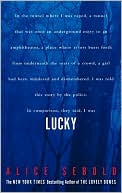
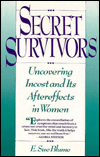
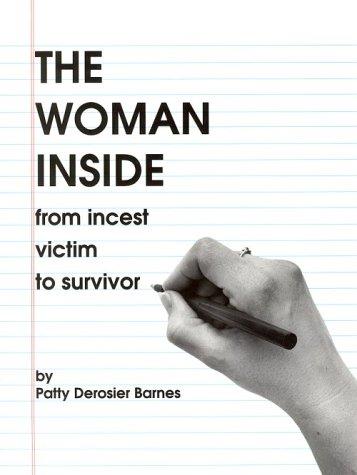
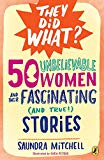
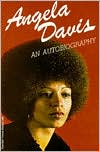

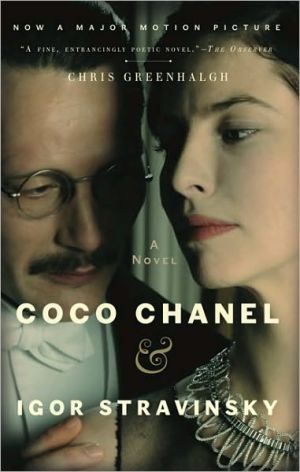
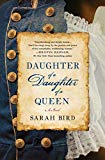



Reviews
There are no reviews yet.